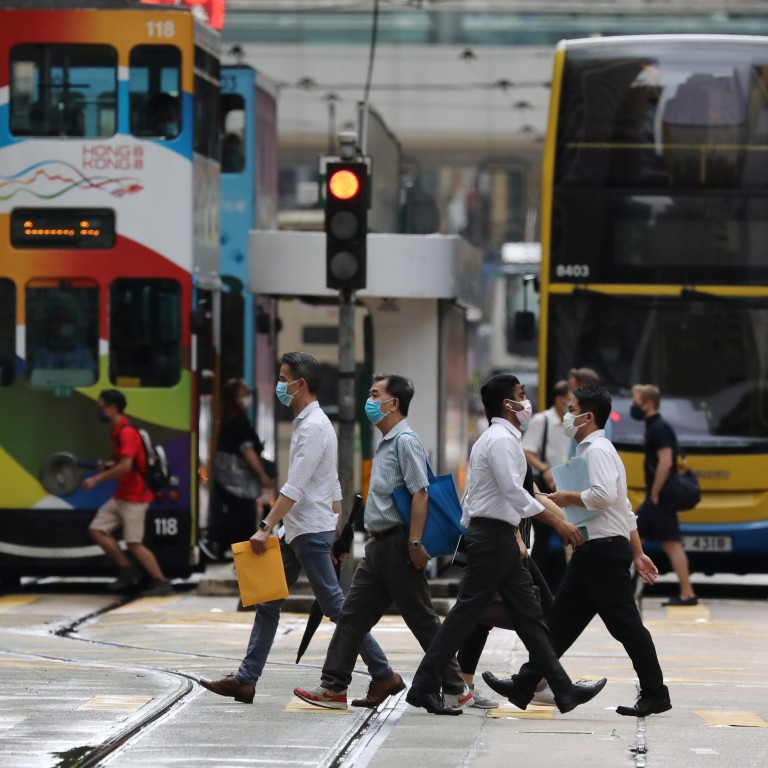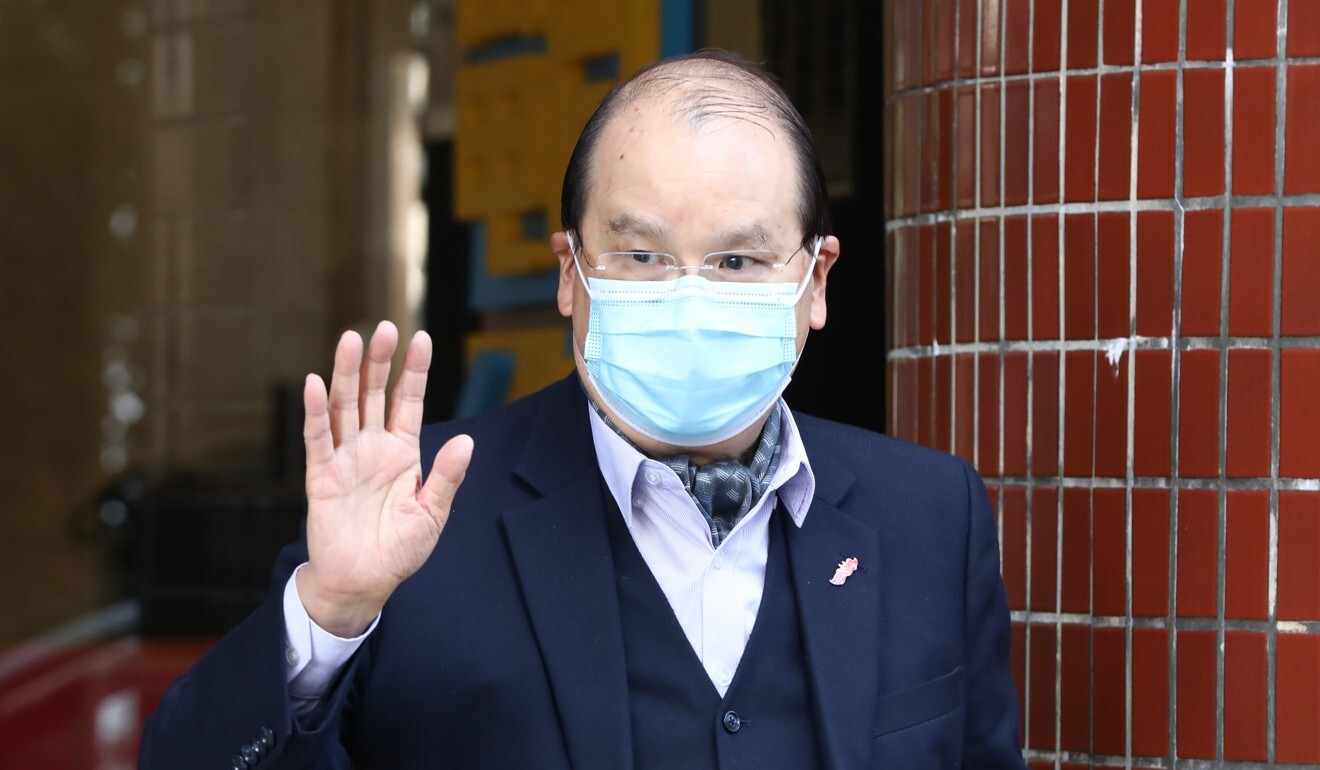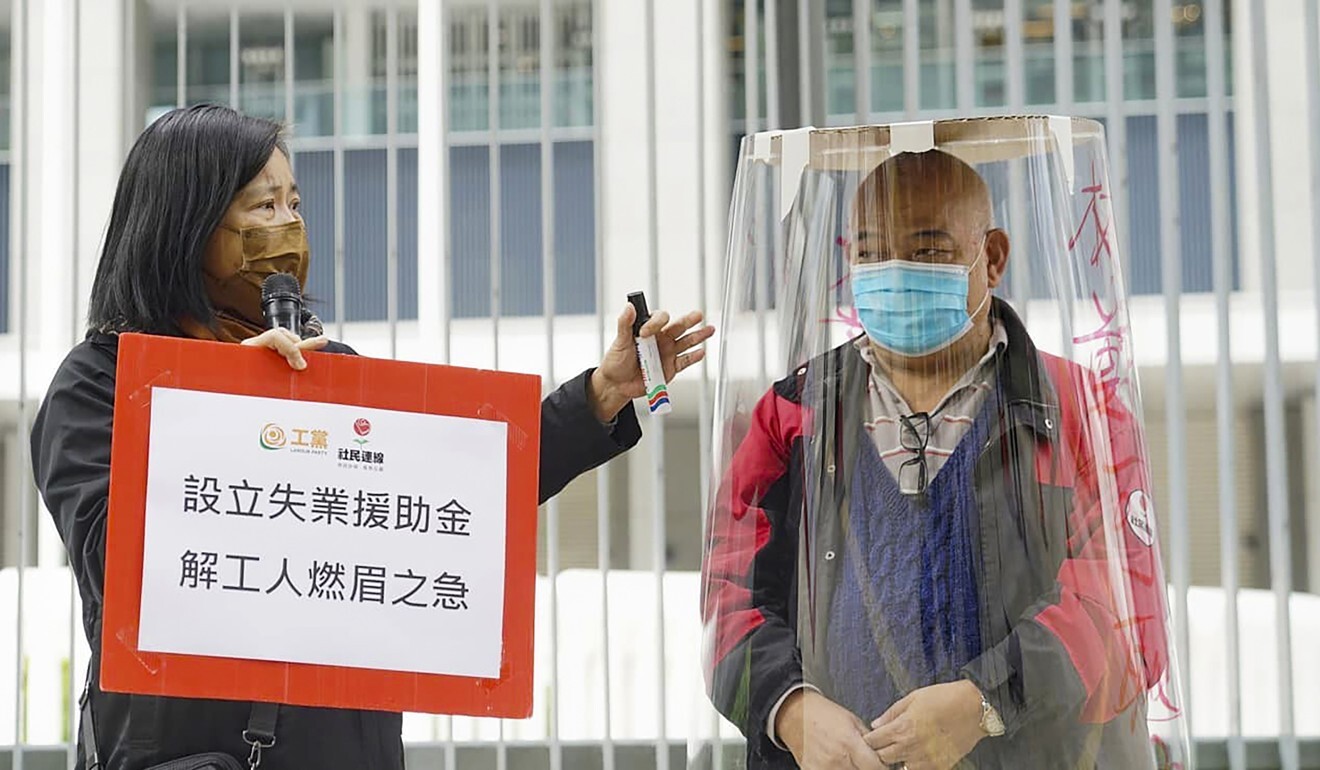
Hong Kong fourth wave: wage subsidies ‘not on agenda’ of government, No 2 official says, citing financial strain
- Chief Secretary Matthew Cheung says focus is on hardest-hit businesses and controlling the health crisis
- Government cannot afford another round of wage subsidies after second tranche of HK$80 billion Employment Support Scheme
Cheung told a radio programme the administration could not afford another round of wage subsidies after the second tranche of the HK$80 billion Employment Support Scheme ended this month.

“Wage subsidies are absolutely not on our agenda, considering the financial strain and economic situation as a whole,” he said. “The key is not whether we will hand out more subsidies. As long as we cannot control the outbreak, the subsidies won’t help much.”
Cheung also ruled out the possibility of introducing emergency aid for the unemployed, saying it would take “a very long time” to prepare.
Hong Kong fourth wave: smoother quarantine process vowed, isolation in 2 days
On Saturday, Cheung rejected calls to extend the scheme to other struggling industries, including aviation and retail. “We have to focus on targets to help the hardest-hit businesses … We need enough ammunition to cope with challenges in the future,” he said.
Cheung also said the government would not impose penalties on employers who laid off workers or closed their businesses after getting the subsidies.

On Saturday morning, representatives from the Labour Party and the League of Social Democrats protested outside government headquarters in Admiralty, demanding the administration provide one-off cash subsidies to those who were sacked or had their pay cut due to the pandemic.
Sports coaches also expressed frustration with the scope of the latest round of subsidies. Lee Yuet-man, chairman of the Hong Kong Recreation and Sports Professionals General Union, said 75 per cent of the city’s coaches were left out, as the government only released subsidies to those registered with the National Sports Association.
He said he hoped to see the scheme extended to cover gym, yoga and ice-skating coaches affected by the closure of facilities.

“[The practice] is akin to employees supporting the development of a company, instead of opposing everything,” he said. “Please do not look at this through coloured lenses.”
Government workers who refused to swear allegiance might affect their chances of promotion and transfer, Cheung added.

